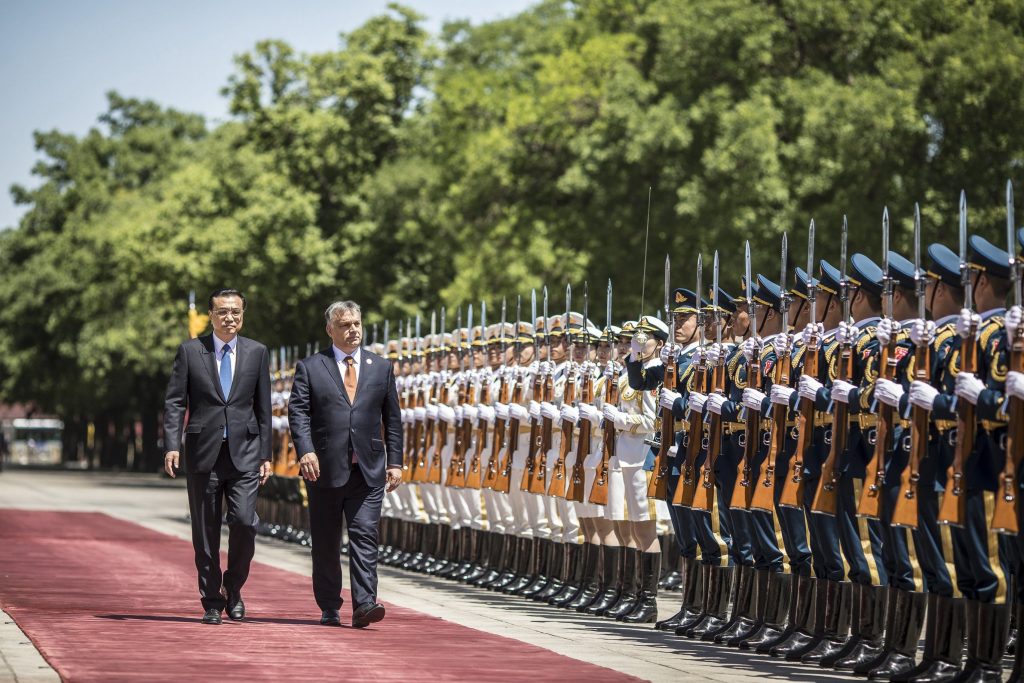The https://english.atlatszo.hu use cookies to track and profile customers such as action tags and pixel tracking on our website to assist our marketing. On our website we use technical, analytical, marketing and preference cookies. These are necessary for our site to work properly and to give us inforamation about how our site is used. See Cookies Policy
Orban’s love affair with China – great expectations with few results
Hungarian prime minister Viktor Orban boasts about his good relationship with China and the success that the policy of Eastern Opening brought him. He often responds to criticism from Brussels by mentioning his new rich and illiberal friends who are willing to help him. However, China may not be willing to help as evidenced by planned infrastructure projects falling through and promised loans never materializing. Atlatszo and Vsquare explored the reasons behind Orban’s rhetoric and China’s reluctance to invest in Hungary.
Hungary was one of the first countries in Eastern and Central Europe to recognize the importance of good relations with China after the fall of the iron curtain. In 2003, then-prime minister Péter Medgyessy led a delegation to Beijing. Medgyessy held discussions with the Chinese Premier, with the State President and with the Chairman of the National People’s Congress Standing Committee. The visit was a political gesture and an attempt to rebuild confidence between the two countries.
All Hungarian governments, without any exceptions, have adhered to this policy towards China and the relationship has grown stronger.
In 2004, a Chinese-Hungarian Bilingual Elementary School was established in Budapest, providing expats with an opportunity to give their children a Chinese-language education. In the same year, Bank of China opened its first regional branch in Budapest. For a while, there was a direct flight between Beijing and Budapest. Chinese small electronics company Huawei established a logistics center in Hungary.
In 2011, the Chinese chemical company Wanhua Industrial Group bought the BorsodChem isocyanate factory in the Hungarian town of Kazincbarcika. This is still the biggest Chinese investment in Hungary. According to a 2014 study, Chinese investment to Hungary was about USD 2.5 billion, three-quarters of which was the BorsodChem deal.
There have been many promised investments since then but none of them have materialized. Several press reports have been published regarding a potential citric acid factory and others about plans for a solar panel manufacturer. There were reports and announcements about significant infrastructure projects as well, including talks of a rapid railway line from the Budapest city center to the airport and a railway line around Budapest called V0. None of these have materialized either.
This story is part of a series by Vsqure.org exploring the complex relationship between China and the Visegrad countries. You can read the rest of the story here. The Hungarian version is available here.
Written by Anita Komuves and Katalin Erdélyi
Editing by Clare Humphreys
Cover photo: Viktor Orban in Beijing in May 2017 Photo: Balázs Szecsődi / Press office of the Prime Minister


